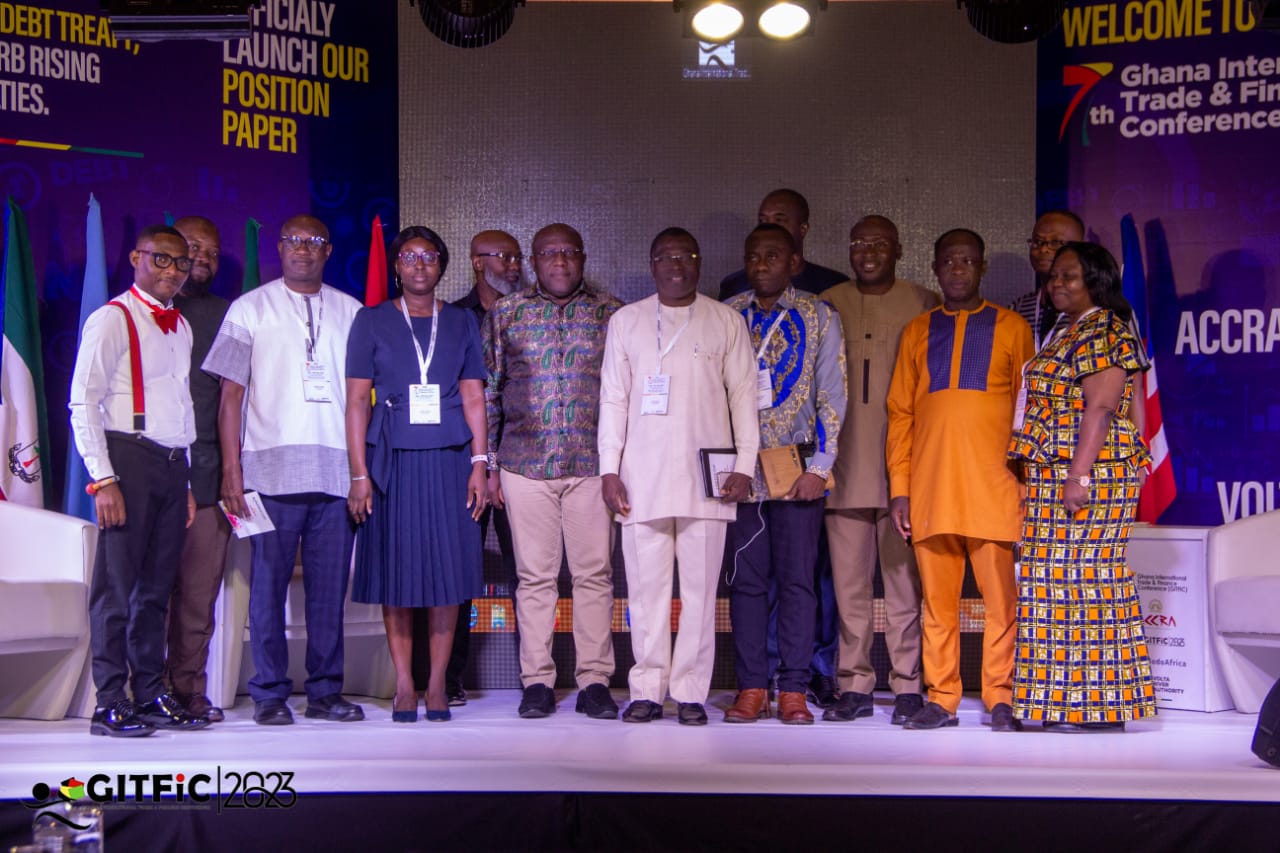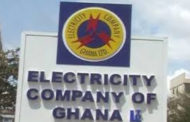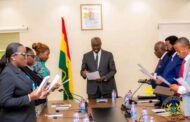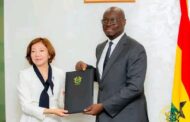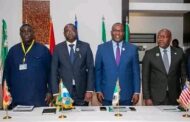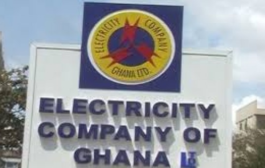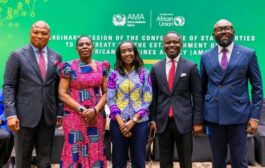The Eastern Regional Minister Hon Seth Acheampong has insisted that, private sector plays a key role in Africa’s Industrialization Agenda; Micro, Small and Medium Enterprises (MSMEs) need to take advantage of the largest single market to increase value addition, promote economies of scale, and expand businesses.
According to him, African Continental Free Trade Agreement (AfCFTA) provides a platform and a new momentum to the continent’s industrialization agenda through increase intra-Africa trade.
He said, once operational, the free trade area will cover a market of over 1.2 billion people, and is expected to generate a Gross Domestic Product (GDP) of 2.5 trillion with fifty-five (55) member states of the African Union.
He believes the AfCFTA will be the world’s largest free trade area. In furtherance of this, it is imperative to pay attention to digital trade as it remains the future of all economies not only in Africa but globally.
He made this statement during the 7th Ghana International trade and finance conference held at the Royal Senchi resort and hotel at Akosombo on Friday 26th May, 2023.
The said conference serves as an important platform for cross-fertilization of ideas, insights, and innovations that could shape the future of international trade and investment and finance, especially in Africa.
On the part of the paramount chief of Akwamuman Traditional Council, Odeneho Kwafo Akoto III, said the AfCFTA is indeed a golden opportunity to make optimal use of the regional market, develop local and regional value chains to produce products according to international standards.
He said collective responsibility is therefore critical in order to strive in an internationally competitive environment.
He added that, by strengthening country specific and regional comparative advantages in terms of resources, information, knowledge, skills and institutions, Africa can emerge as a strong industrial power in the near future.
He said Africa is emerging as a continent of hope, opportunity and transformation.
Hon. Thomas Mbomba, deputy minister Foreign Affair and Regional Integration, added that the vision of an African single currency dates back to the formation of the Organisation of African Unity (OAU) in 1963, when efforts made towards Africa’s development over the years underscored the need for Africa’s economic integration. The OAU was the manifestation of the pan-African vision for an Africa that was united, free, and in control of its own destiny, and this was solemnised in the OAU Charter, in which the founding fathers recognised that freedom, equality, justice, and dignity were essential objectives for the achievement of the legitimate aspirations of the African peoples and that there was a need to promote cooperation among African states in response to the aspirations of Africans for solidarity.
He said Ghana as a leading proponent of the single currency initiative, is committed to playing a pivotal role in its realisation and recognises the immense benefits that a single currency can bring to our economy and the broader African continent.
According to him, the Government of Ghana has been effectively implementing policies aimed at strengthening our macroeconomic fundamentals, promoting fiscal discipline, and enhancing monetary stability.
“We are making significant progress towards meeting the convergence criteria set forth by the West African Monetary Zone (WAMZ) and are working closely with our regional partners to harmonise our monetary and fiscal policies”
“However, the success of the single currency initiative does not rest solely on Ghana’s efforts. It requires a collective commitment and collaboration from all African nations. We must strengthen our financial and regulatory frameworks, enhance fiscal discipline, and improve governance to create an enabling environment for the smooth transition to a single currency. We must also invest in robust infrastructure, foster technological advancements, and prioritise skills development to boost industrialization across the continent”
He said, the African Continental Free Trade Area (AfCFTA) emerges as a game-changer. The AfCFTA, as part of the African Union Agenda 2063, represents a significant milestone in Africa’s journey towards economic integration and development, with the potential to create the world’s largest single market, encompassing over 1.3 billion people and a combined GDP of over $3 trillion. By eliminating tariffs on 90% of goods, liberalising trade and services, and addressing non-tariff barriers.
The African Continental Free Trade Area (AfCFTA) has been given the mandate of promoting intra-regional trade. The fulfilment of which requires the support of all African central banks as supervisors of the payment systems to ensure seamless transfers of funds across the continent. It is in this light that the AfCFTA and the African Export-Import Bank (Afreximbank) have initiated the Pan-African Payment and Settlement System (PAPSS) to contribute to the development of sound, effective, and efficient payment systems and payment services in several ways.
He said Ghana fully supports the AfFCTA and is committed to its successful implementation. We are working diligently to align our trade policies and regulations with the provisions of the agreement, as well as investing in trade facilitation measures, improving border infrastructure, and enhancing our customs procedures to ensure seamless movement of goods and services across borders.
“We are actively promoting industrialization through initiative such as the One-District-One-Factory programme, aimed at promoting local value addition and manufacturing capacity”
The following persons were in attendance Mr Asser Nashikaku Chief Trade Negotiator – Namibia, Dr Kemji Ajoku, Immediate past head of industry Directorate – ECOWAS.
Source:Mybrytfmonline.com



